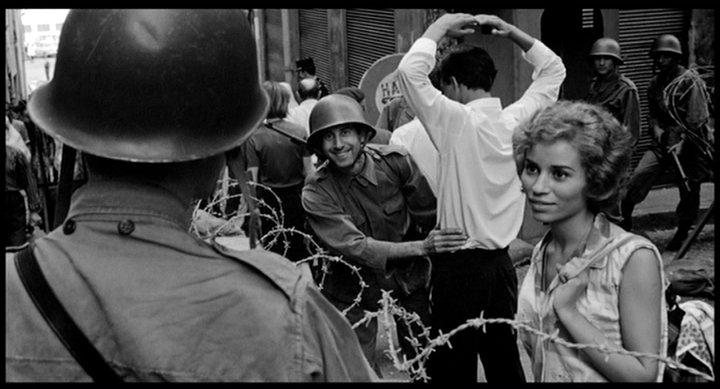Over the past few years I have become exceedingly fascinated with the role that music plays in film, and how a movie’s soundtrack can, in many ways, serve as the highlight to the project as a whole. I was inspired recently to talk about this after I re-watched Dazed and Confised (Linklater 1992). If you have never taken the time to analyze how each iconic song in the movie correlates with teenage life and a specific scene that takes place, a really encourage you to do so. Linklater is known for being very masterful when it comes to depicting human emotion and the evolution of the individual, and in many ways this talent is shown through his song choice in Dazed and Confused. By choosing music with a specific angsty side to it, Linkater was able to capture the mood of young teenagers and departing seniors in a well thought out coming of age story that encompassed freshman to senior year of high school. While this is just a small snip it of what music can do for a film, one of the more prominent examples in recent film history is that of Hans Zimmer’s influence on the film industry. After doing much of Christopher Nolan’s film scores, Hans Zimmer has quickly solidified himself as one of the music greats in cinematic history due to his ability to correlate on screen images with sometimes ominous and beautiful orchestral pieces. Whether it is the use of preconceived songs(soundtrack) or an original score, since the outbreak of sound in film, music in cinema has taken on a central role in movie production and has come to serve as one of the determinant’s to a film’s overall quality and effectiveness.
